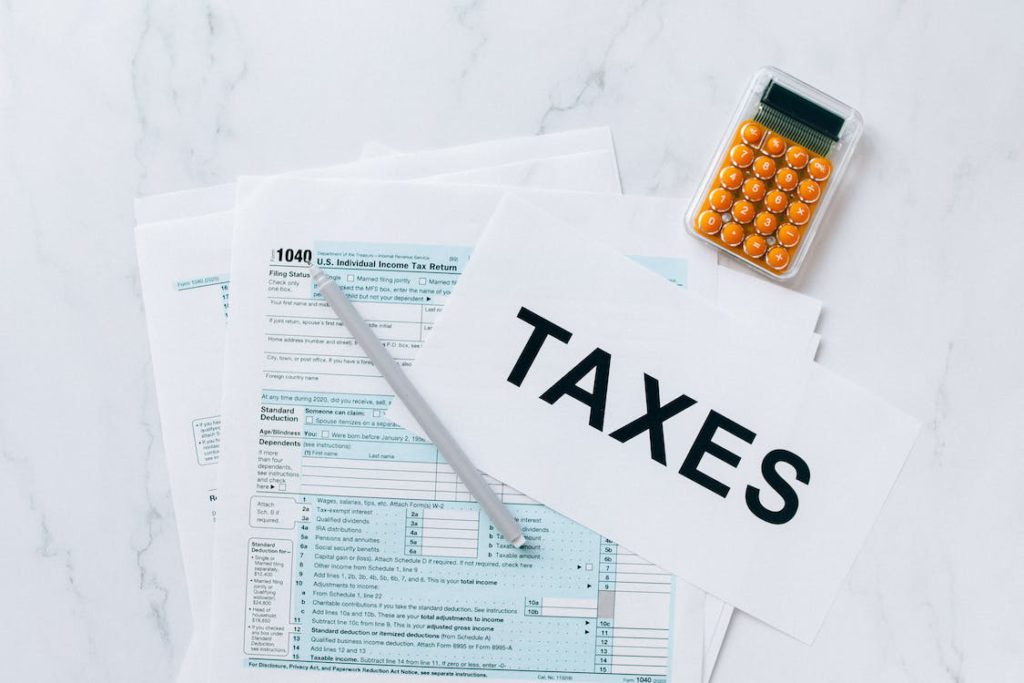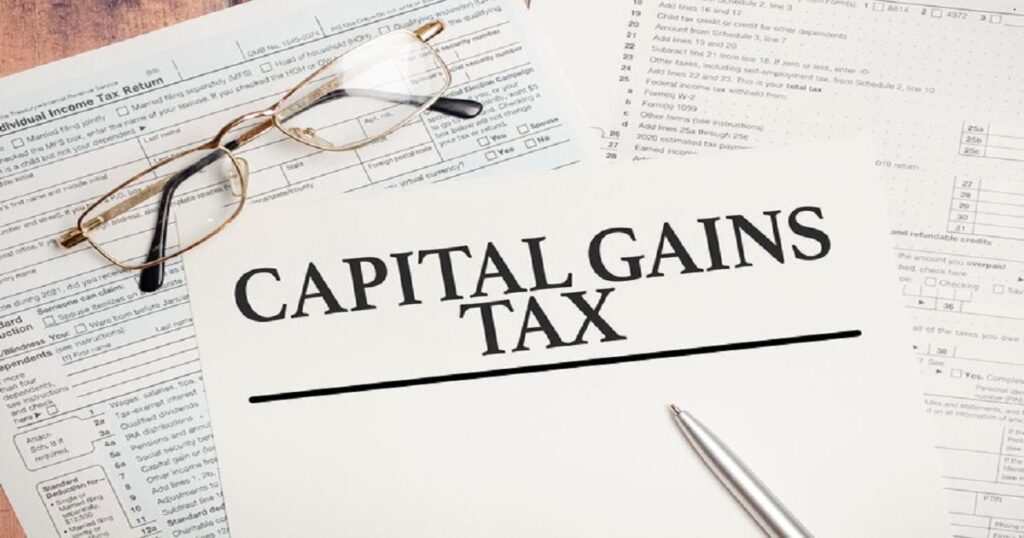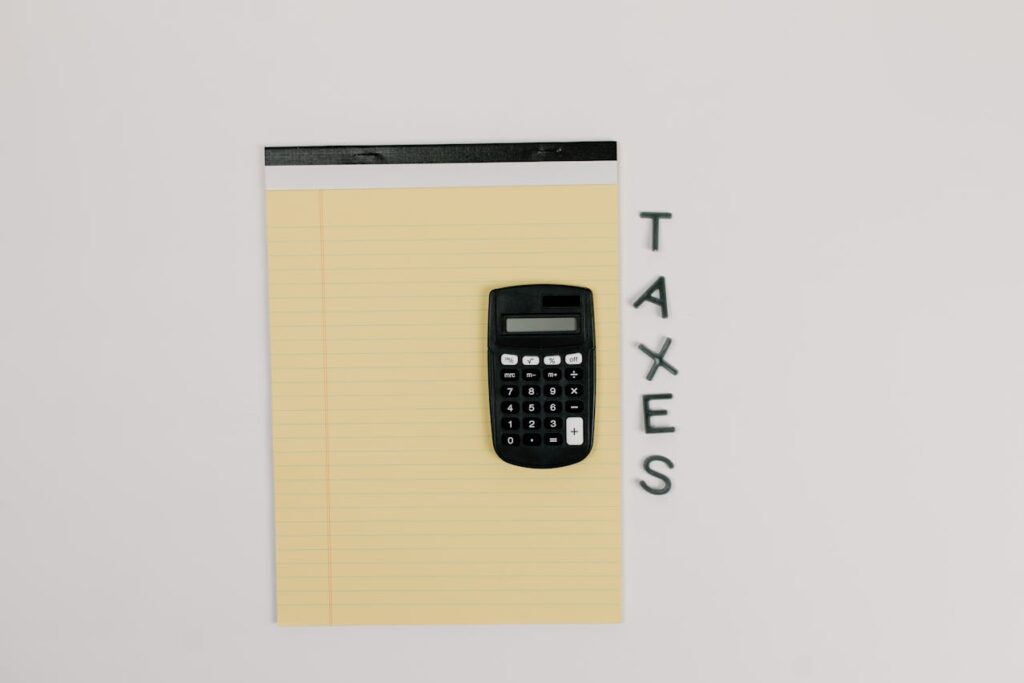Introduction: Repeated Failure to File Income Tax Penalty Under Canada’s income tax system, taxpay...
Tag Archives: CANADIAN ACCOUNTING & TAX BLOGS
What is an Income Tax Statute-Barred Period? When taxpayers are initially assessed for income tax or...
Filing Tax Returns: The Starting Point in Tax Administration Under subsection 150(1) of the Income T...
What is a Taxpayer Relief Application? When taxpayers are unable to meet tax payment deadlines or fu...
Introduction: CRA’s Limitations on Collecting Old Tax Debt If you have an unpaid tax liability tha...
Introduction: The Canadian Tax Objections Process Under subsection 165(1) of Canada’s Income Tax A...
Introduction: CRA’s Power to Compel Oral Interviews Since December 15, 2022, the Canada Revenue Ag...
Introduction Many taxpayers find themselves overwhelmed by tax debts, compounded by other financial ...
Introduction One of the most impactful changes in recent tax policies includes increased funding for...
Introduction Non-residents of Canada are taxable on income derived from certain “passive” source...











